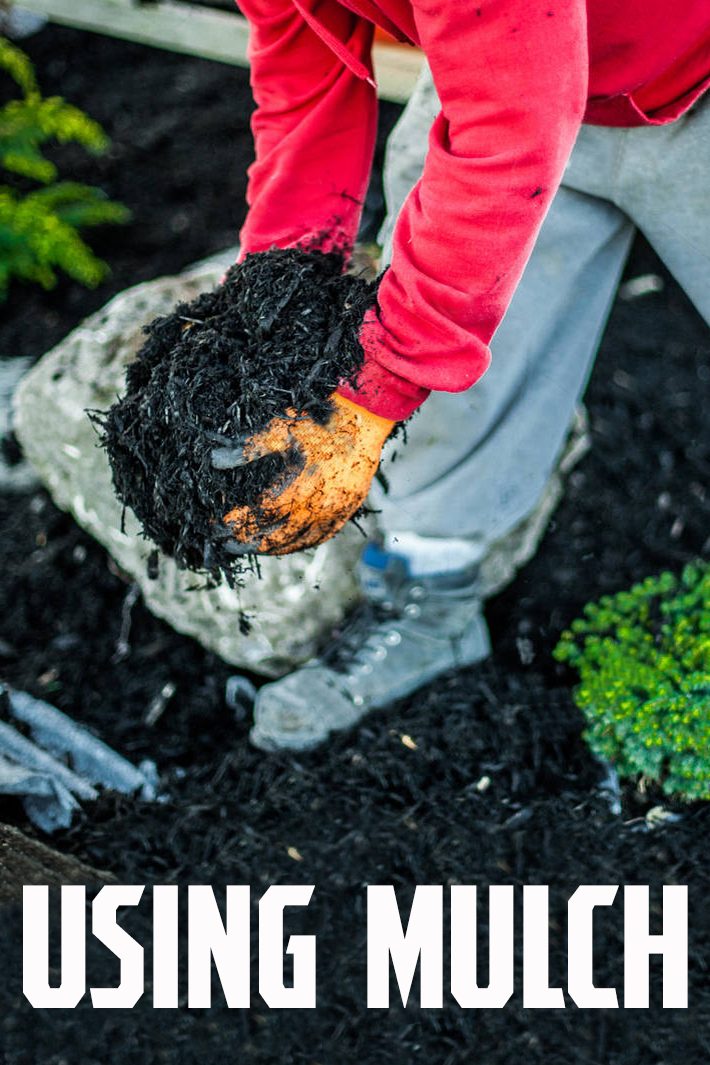
Using Mulch
Using mulch is a great way to save water and control weeds in your garden. There are two categories of mulch, organic and inorganic.
Mulch Types
Examples of organic mulch include compost, shredded bark or shredded leaves, wood chips, composted sawdust and straw. Grass clippings can be used as mulch if you do not have a bermudagrass lawn. Inorganic mulches include rock, sand and manufactured synthetic materials like rubber mulch. Both organic and inorganic types of mulch need to be monitored and replaced as needed.
Mulch Helps Your Garden
Organic and inorganic mulches help save water, control weeds as well as smother new weeds. Mulch gives the garden a tidy appearance while at the same time saving water by reducing evaporation caused by the sun and wind. During cool temperatures, mulch keeps the ground warm by holding heat from the day and radiating it back up to the plant at night. This can be especially helpful for frost sensitive plants like citrus, avocado and bougainvillea.
Make Your Own Mulch
The best kind of mulch is free! You can make your own by sending dry leaves and small branches into a chipper, or you can use compost as mulch.
How to Use Mulch
When adding mulch, use a 3-4 inch layer. You can use landscape fabric underneath the mulch, but most are inorganic and fall apart after a few years. You can also use cardboard or newspaper which breaks down naturally. Eventually, both cardboard/newspaper and organic mulch break down over time and need to be replaced every 6 months to 2 years, depending on the quantity of mulch used, the amount applied and your climate.
After a while, weed seeds will find their way to the top of the mulch and sprout. When this happens you can hand pull and/or and add more mulch over the top to suppress and bury weeds and weed seeds.

Not all Mulches are Created Equal
- Avoid using cocoa bean hulls (have a chocolaty aroma when wet but may be poisonous to pets if eaten
- Hay (full of weed seeds, use straw instead)
- Leave pine needles underneath pine trees, (removing them may cause a nutrient deficiency in the trees
- Leave grass clippings on the lawn, a process known as grasscycling (this does not cause thatch)
- Manures should be composted first and never used as mulch
You may have heard that certain types of tree mulch are detrimental to plants. Among this list are eucalyptus, cedar, oak, conifer, sycamore and cypress. These mulches actually work well. The main plants to avoid include oleander and cherry laurel (Prunus caroliniana) unless they have been well-composted. All parts of both plants are toxic to humans and animals if consumed.

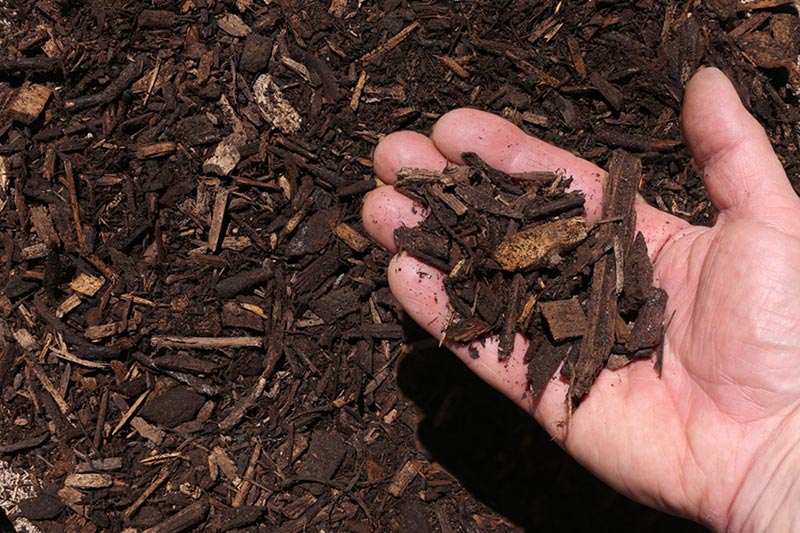
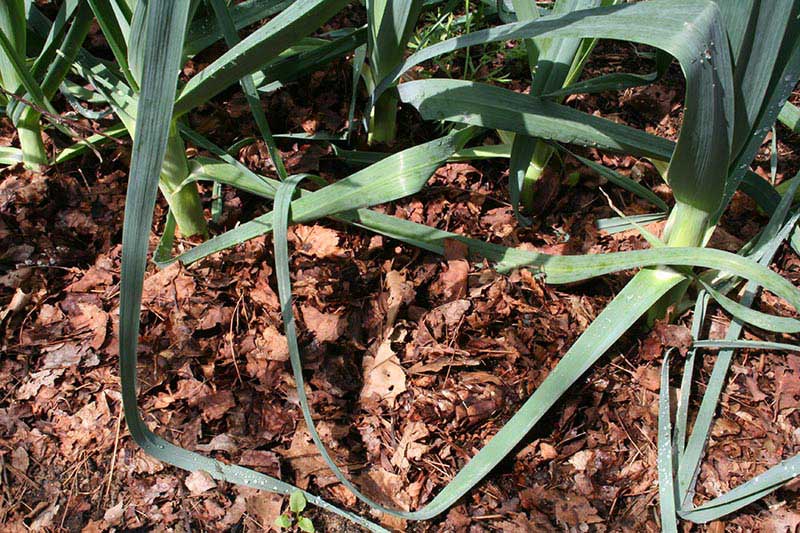
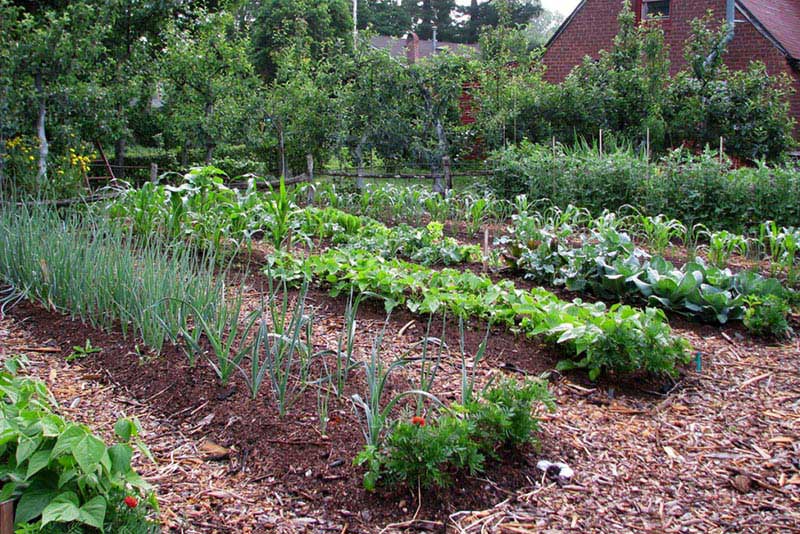
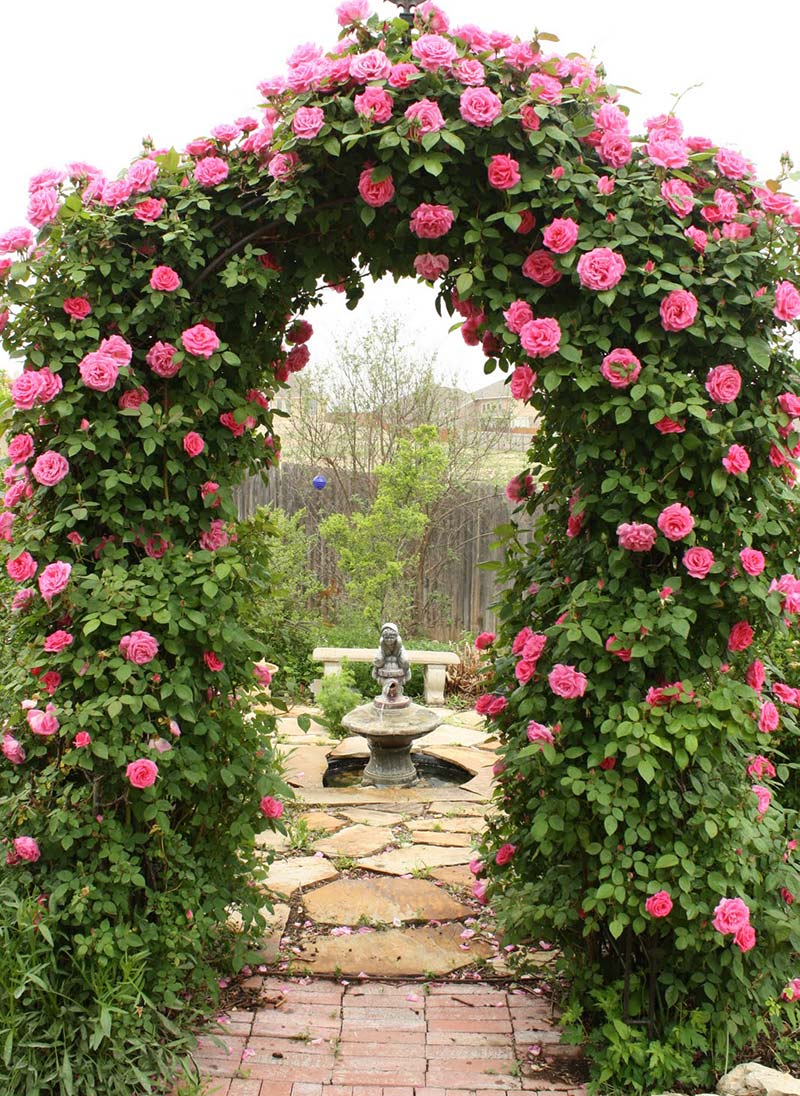
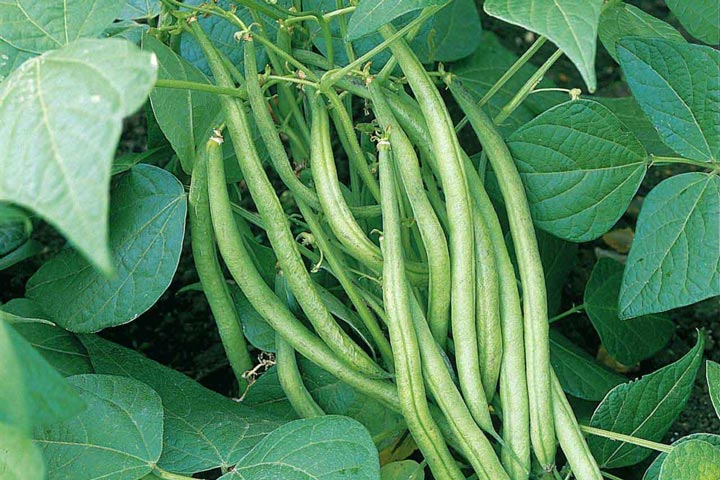
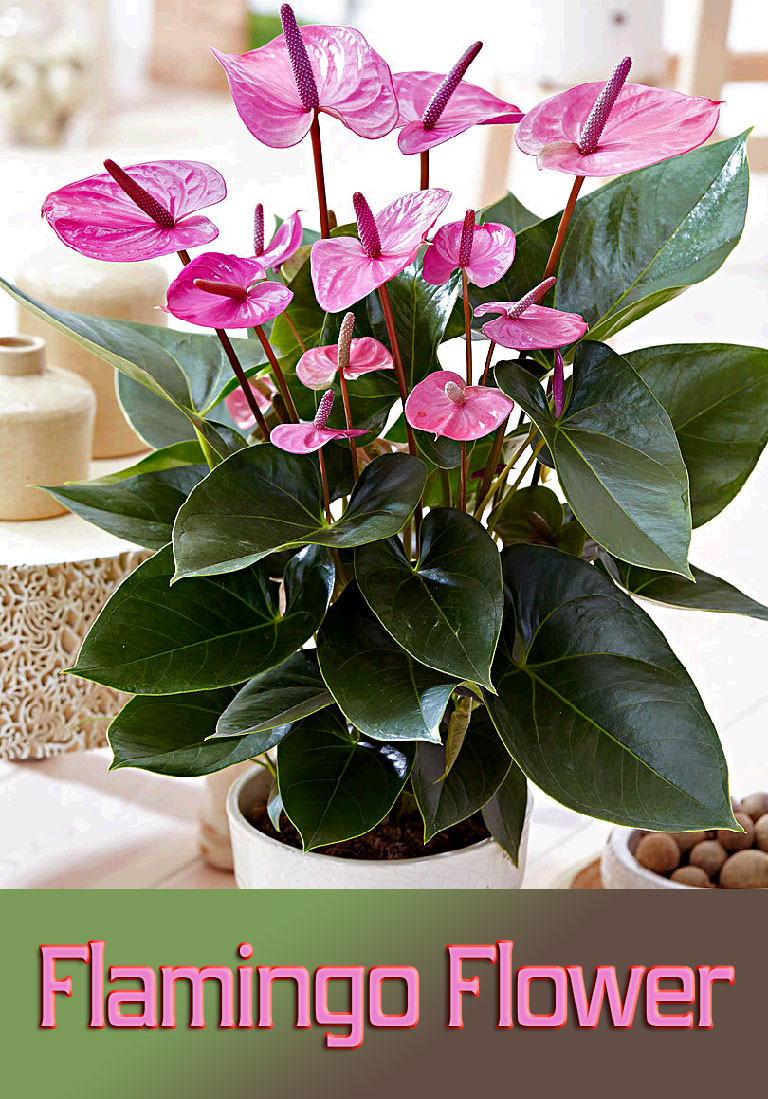
Leave a Reply